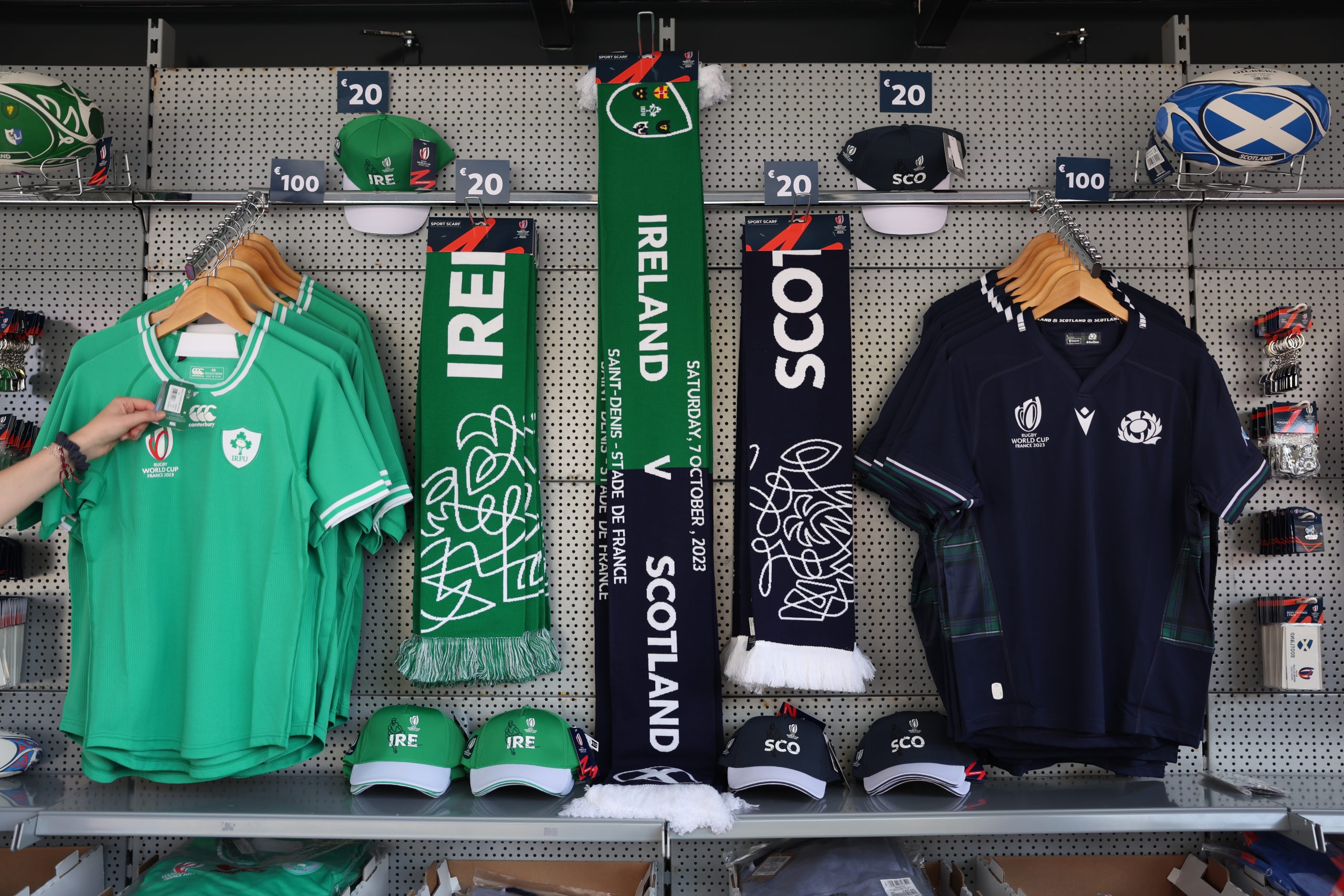Background
World Rugby is the international governing body for rugby union, with a responsibility not only to grow the sport but also to ensure its development aligns with environmental stewardship.
As part of its wider Environmental Sustainability Plan, which was published in 2022, the organisation developed a Sustainable Procurement Guide aimed at embedding sustainability — including nature and biodiversity considerations — into its purchasing processes and supply chain decisions.
Challenge
The organisation recognised that procurement decisions have significant environmental impacts, especially through the sourcing of goods, services and materials for international tournaments and operations.
However, there was a lack of clear guidance on how to evaluate suppliers and contracts through a sustainability lens, especially when it came to addressing nature-related impacts such as habitat loss, resource use and pollution. Encouraging suppliers to meet these new expectations, while maintaining quality and cost-effectiveness, added another layer of complexity.
Approach
World Rugby undertook a multi-step process to develop the Sustainable Procurement Guide with a strong emphasis on practical application for nature and biodiversity.
First, it conducted a detailed mapping of key procurement categories — including merchandise, catering, event infrastructure and travel — to identify where the highest environmental impacts occurred, especially related to natural habitats and resource use. Collaborating with environmental experts, the team developed clear criteria and thresholds around issues like deforestation, use of single-use plastics, sustainable packaging and ethical sourcing of materials that affect biodiversity.
The guide itself is structured around a decision-making framework that helps professionals responsible for procurement assess suppliers’ environmental policies, certifications (such as FSC for wood products or organic for textiles) and transparency in supply chains. It encourages prioritising local suppliers to reduce transport emissions and to support local ecosystems.
To embed the guide into daily practice, World Rugby organised training workshops and webinars for procurement teams, combining theory with scenario-based exercises focused on nature-related risks. It also held supplier engagement sessions to communicate new expectations, gather feedback and foster partnerships aimed at improving sustainability performance over time.
This approach helped shift supplier mindsets from viewing sustainability as a compliance burden to an opportunity for innovation and shared value.
World Rugby mapped key procurement categories, including merchandise, catering, event infrastructure and travel, to identify the highest impact on nature.
Result and impact
The guide has become a foundational tool within World Rugby’s operations, used to shape procurement across tournaments and day-to-day activities. It has helped shift conversations with suppliers from cost and delivery alone to a more holistic dialogue that includes nature, materials and sustainability commitments.
For example, decisions on merchandise and catering now include biodiversity impact as a factor, encouraging more responsible sourcing and innovation from vendors.
World Rugby also shared the guide with its national unions to broaden the impact beyond its own operations.
Lessons learned
Developing the guide highlighted the importance of bridging strategy and implementation. Clear, practical tools made it easier for staff to take sustainability seriously and act on it.
Engaging suppliers early and collaboratively was also key — rather than imposing new rules, the guide opened a shared pathway to more sustainable practices.
“This guide is used throughout the procurement process and factored into all our decisions,” says Mark Corris, Director of Procurement and Travel at World Rugby.
Topics
Greening of supply chains
Procurement
Sport venue – (re)construction
Land
Pitch, course and outdoor court sports
International federation
